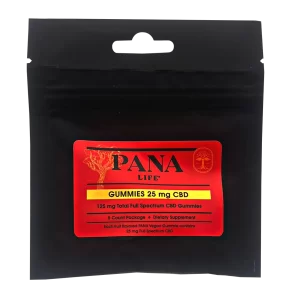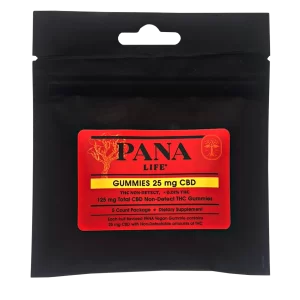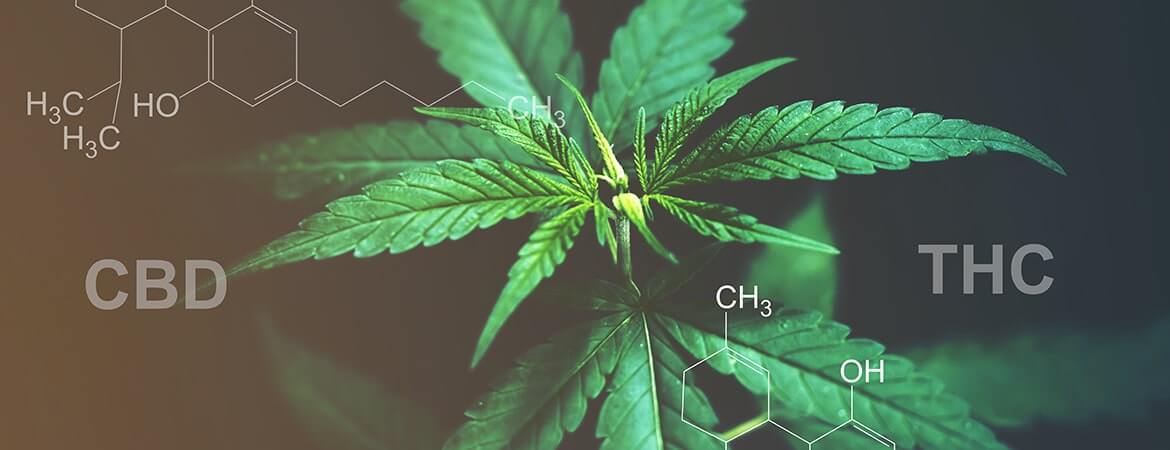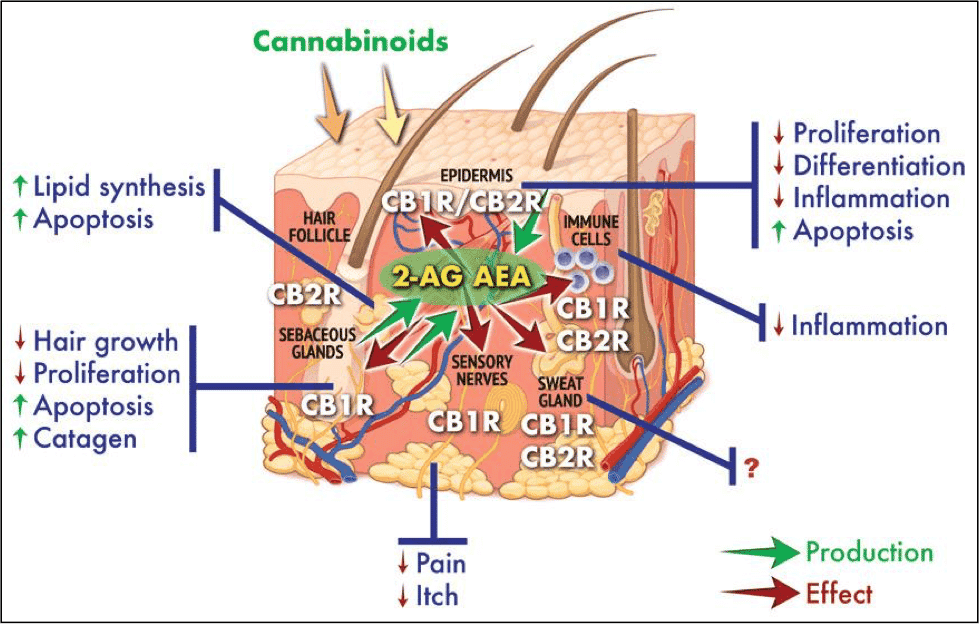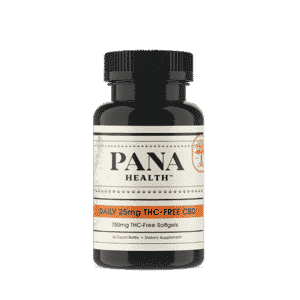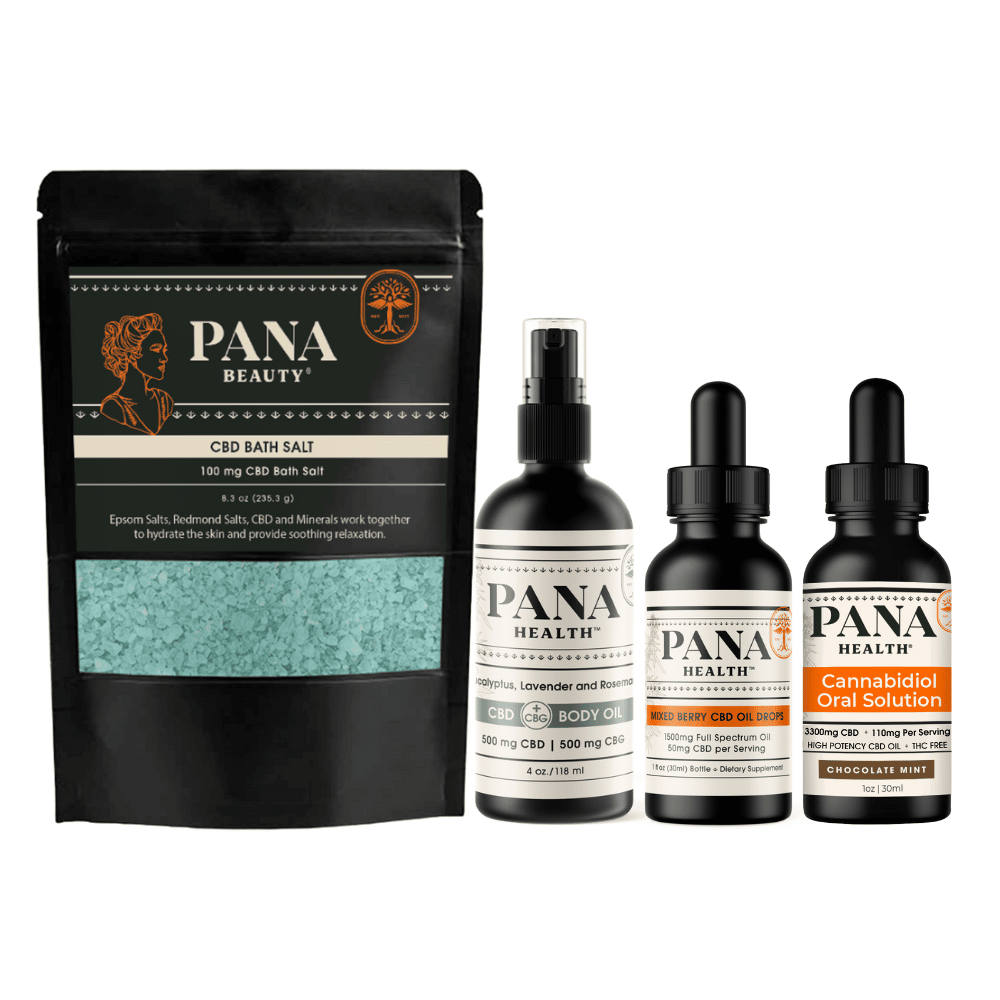If you are a living, breathing human in this day and age, you are probably familiar with the term CBD, the abbreviated name for cannabidiol. Undoubtedly, you are also familiar with the term anxiety. Anxiety is something we all experience at one point or another. Whether it be over an upcoming job interview, relationship problems, an impending and unpleasant doctors’ appointment, or any other distressing situation, anxiety comes in all shapes and sizes. However, sometimes anxiety can be very severe effecting your life immensely.
Even more than day-to-day stress, anxiety disorders afflict a large number of people worldwide. Anxiety is one of the most common mental ailments. According to the World Health Organization (WHO), 1 in 13 globally live with anxiety In the United States, affecting 18.1% of the 18 and older population each year, and as high as 25.1% of children ages 13 to 18. While there are a number of varying treatment options for anxiety, more and more people are seeking out new or alternative methods to improving their quality of life. After all, who wouldn’t want to keep their options open by exploring a range of potential relief options?
Anxiety sufferers have been looking for alternatives to alleviate their anxiety and have been talking about Cannabidiol and its ability to promote a sense of calm. Whether on its own or as a supplement to more traditional methods, a change in one’s approach to coping can and should involve careful consideration.
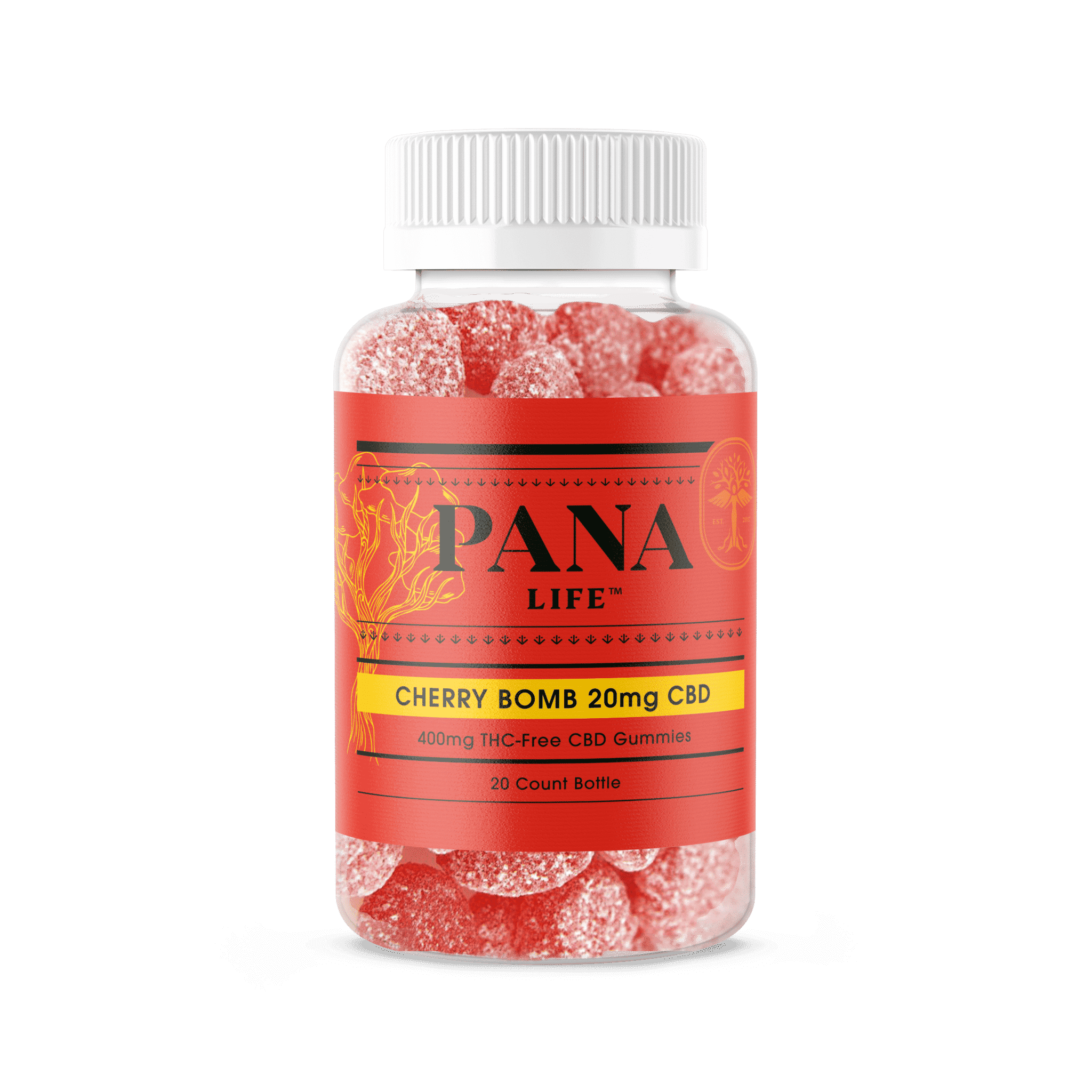
This is a good thing!
While we recommend talking with a medical professional first and foremost, seeking credible information on your own is also a smart way to form opinions and make decisions. For your convenience, we compiled and answered the likely (and the overlooked) questions that come up when exploring this fascinating and modern approach to wellness.
Let’s begin with some good old-fashioned background info!
What is an Anxiety Disorder?
Anxiety Disorders can present in a number of ways, both emotional and physiological. Two people may experience anxiety in very different ways. One may experience feelings like restlessness, irritability, distress, fear and an overwhelming sense of doom, while the other exhibits sweating, rapid heartbeat, chills, hot flashes, dry mouth, shortness of breath, and the sensation of dizziness or faintness—and these are just a few of the possible symptoms! Anyone can experience any combination, type or number of symptoms at any time, with or without a trigger (a destabilizing event or occurrence). While it can feel easier to point to a specific event or situation as the source of anxiety, it is not always so simple. There is a massive range of possible causes of anxiety, and while you might relate to one, a few, or even all of them, it may be impossible to identify what exactly is causing your anxiety. This is because medical research has not yet been able to yield a complete and full understanding of the causes of anxiety and anxiety disorders. On top of that, the possible causes themselves are so vast, so variable, it is extremely difficult to distinguish which are related to the anxiety and which are not. These possible explanations can be as simple as “personality” or as complicated as an underlying medical condition. Other possible causes include drug- or alcohol-related influences, comorbid mental illnesses, having a family member with an anxiety disorder, trauma, and side effects of prescription medication.
It is not uncommon for those with anxiety to try prescription medication intended to reduce or eliminate the symptoms of their anxiety. Unfortunately, medication is not always the ideal option. Amongst a variety of others, the risk of addiction makes some people wary of using prescription drugs. Those who do take them face the risk that the medication won’t work to the desired degree. For others, allergic reactions or unwanted side effects render the treatment unpleasant and even intolerable. It is no wonder that people often seek out an alternative or supplemental option for easing their anxiety. Cannabidiol (CBD) is one non-addictive approach to coping with anxiety that has steadily grown in popularity.
What is CBD?
Cannabidiol is a naturally occurring chemical compound derived from the cannabis plant. After Tetrahydrocannabinol (THC), CBD is the second most prevalent chemical compound derived from the Cannabis plant. While both compounds interact with your body’s Endocannabinoid System, they offer very different user experiences. The major difference between the two is that cannabidiol is non-psychoactive, meaning its effects do not mimic those we typically associate with marijuana. While THC binds nice and snug with the cannabinoid receptors in the brain to produce a euphoria or “high,” CBD binds weakly, instead working with other brain receptors to produce a more calming experience free of the mind-altering effects THC can cause.
How Might CBD Help Anxiety?
While more research needs to be done and will be done in the coming years, a number of studies have already suggested the potential benefits of CBD when it comes to easing anxiousness.
In a 2011 double-blind study, participants were administered an oral dose of 400 milligrams (mg) of CBD or given a placebo. The findings reported a reduction in anxious feelings both subjective and physiological, on behalf of the CBD group. Another study published in 2019 monitored psychiatric patients taking regular doses of CBD over a three-month period, routinely administering assessments to gauge their levels of anxious feelings and related insomnia. Researchers observed an improvement lasting throughout the study in the majority of the patients’ ability to sleep, and an even more significant reduction of anxious feelings and associated brain activity.
As demonstrated in both these studies, one of the major benefits of CBD is it may lack the unwanted side effects prescription drugs sometimes yield. This suggested benefit was notably exalted in a fascinating 2016 study, which explored alternative approaches to reducing the psychotic symptoms of Schizophrenia. It was reported that CBD produced an antipsychotic effect without the harsh, often incapacitating side-effects associated with the pharmaceutical approach of antipsychotic drugs.
Based on the limited, but worthy-of-attention research, one can infer that CBD may provide a calming effect on the mind and body. Perhaps there is a substantial reason more and more people are considering CBD as a potential option for alleviating uncomfortable mental states.
Where Do I Find CBD?
When it comes to quality and dosage of CBD, it is best to speak with a medical professional. Everyone is different and therefore, can have different reactions, especially if already prescribed other medications that may interact.
While CBD is legal on a federal level, laws regarding CBD vary from state to state, primarily based on whether the source is the hemp plant, which has a high amount of CBD and low amount of THC, or the marijuana plant, which has precisely the opposite. Due to this variance in legality, the quality, potency, and accessibility of CBD may also vary. The best way to go about obtaining your own is to find out what your state’s laws are regarding cannabis. A great way to do so is by checking out this website. As written earlier: it is always always always important to speak with a medical professional. It is especially important in this case because a percentage of products have proven inconsistent in their quality and safety according to the National Organization for the Reform of Marijuana Laws (NORML).
Third-party analytical testing has reported discrepancies in commercially available CBD and their marketing, such as the percentage of CBD being far lower than claimed, thus not able to produce the therapeutic effects being sought. Products labeled as THC-free have also been found to possess THC amongst other psychoactive compounds. While this is undoubtedly concerning, there is no need to fear. If you do your research and speak with a medical professional, they will likely be able to point you in the right direction and assist in your search for a safe, competent product that will work for you.
How Do I Ingest CBD?
There are many different products that you can explore to add CBD to your daily regimen. Two in particular stand out, perhaps because of their effectiveness, convenience, and lack of risks associated with other methods, such as smoking or vaping. We will focus on these two for now but bear in mind: whatever method you choose is your decision. A simple internet search and professional’s insight will easily help you find whatever suits your taste.
Speaking of taste—allow me to introduce the wonderful world of edibles!
No matter your flavor, there’s an edible to satisfy it.
Are you a candy person? Gummies are an especially popular choice and come in an array of flavors. Panacea Life Sciences’ Cherry Bomb Gummy is a great place to start if you’re looking for a fun, fruity, and (most importantly) therapeutic experience.
Not big on candy? Not to worry. Mints, brownies, cookies, and even savory snacks like pretzels, jerky, and chips are just a few among the endless options available. The popularity of edibles is easy to understand, as are the less favored characteristics. Edibles take longer to digest (up to two hours) and even then, your body will only absorb around 20 to 30 percent of it. This delay may be why many people opt for oils or tinctures instead.
Unlike edibles, oils and tinctures yield quicker results. As well, it’s an easy and fine-tuned method when it comes to dosage. You can consume your preferred amount directly by administering a dose under the tongue or by adding the measured amount to your morning tea, afternoon yogurt, or post-workout shake. Whatever floats your boat! If you find the dosage to be too little or too much, simply adjust your measurement the next time!
Hopefully, by now, you’ve gathered that the world of CBD is plentiful, accessible, and accommodating. While further research continues to gather insight into the possibilities of this little cannabinoid, it’s safe to say we may very well continue to see positive developments in the area of mental wellness.



